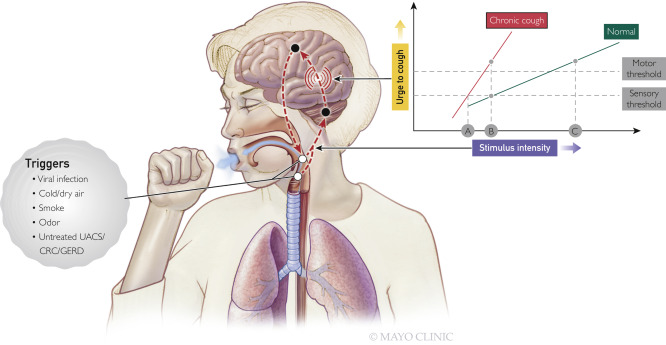Plan B FM’s family, relationship, and lifestyle show dubbed NYANSAPO FIE, hosted by Dr. Michael Asenso is continuously educating the public about how important they should prioritise their health, tackling the topic. “Throat Condition Adenoid/Pharyngitis and Tonsillitis”, with Mis Olivia Turckson a senior Nursing Officer from Tema Polyclinic, She explained that enlarged tonsils and adenoids are also referred to as tonsillitis, adenoiditis, or tonsil and adenoid hypertrophy.
A child with enlarged tonsils and adenoids may have a sore throat, trouble swallowing, sleep apnea, or an inner ear infection.
“All these may be as e result of bacterial and viral infections or exposure to allergens or pollutants may cause adenoiditis, an enlargement of the adenoid tissue. Swollen tonsils, also known as tonsillitis, are usually caused by bacterial and viral infections.”
She continued that, Pharyngitis
and tonsillitis are infections that cause inflammation. If the tonsils are affected, it is called tonsillitis. If the throat is affected, it is called pharyngitis. If you have both, it’s called pharyngotonsillitis, and tonsillitis is most often caused by common viruses, but bacterial infections also can be the cause.
She further stated that the most common bacterium causing tonsillitis is Streptococcus pyogenes group A streptococcus, the bacterium that causes strep throat. Other strains of strep and other bacteria also may cause tonsillitis.
In addition to red and swollen tonsils, symptoms include white or yellow patches on the tonsils, sore throat, difficulty swallowing, fever, tender lymph nodes, bad breath, headache, and stiff neck. Younger children may be extra irritable, drool excessively, and refuse to eat.
She urged the general public to promptly seek medical attention from health professionals whenever experience such symptoms and desist from self-medication.










Discussion about this post